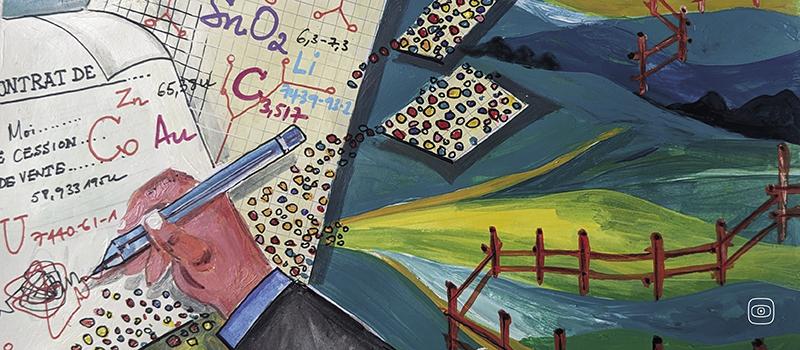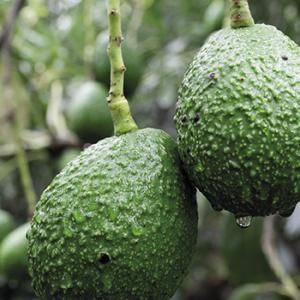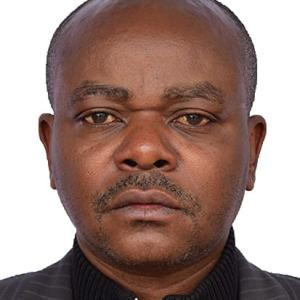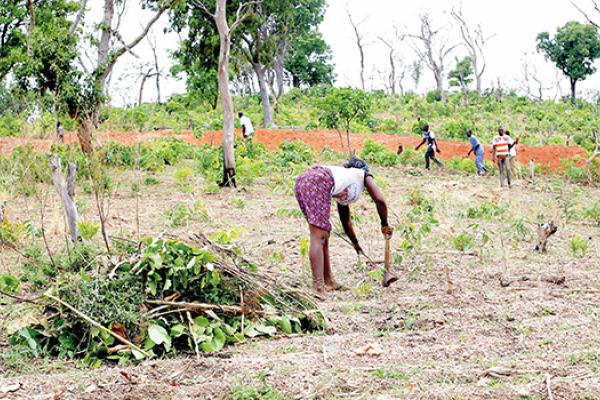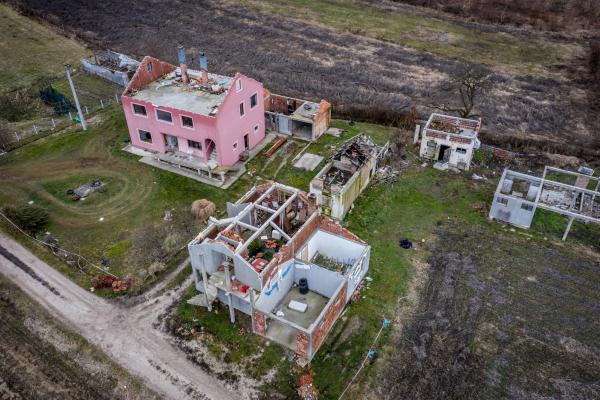Over the last two years, the journalists have mapped the business dealings surrounding what some describe as ‘the world’s largest hard rock lithium deposit’, located in Manono, Democratic Republic of Congo. Whilst tracking developments in the town itself, we analysed thousands of documents and millions of data points to show how a handful of businessmen with close connections to the Congolese government have made use of webs of company networks to profit from the DRC’s critical mineral - before any of it has actually left the ground.
Our investigation reveals that four individuals, some of whom have been active in the DRC since the end of the Mobutu era, have together earned millions of dollars in share-based payments, sales of shares and consultancy fees without generating any tangible benefit for Manono or the country as a whole. Over the last decade, they have collectively managed or held shares in over fifty mining or mining exploration companies and their subsidiaries operating in the DRC.
Analysis of government geographical mining permit data revealed that the mining concessions held by these companies cover an area roughly half the size of Trinidad and Tobago. Despite the Manono lithium deposit already generating millions of dollars for these businessmen, mining in Manono has yet to commence. Meanwhile, people in the town are increasingly frustrated by the lack of investment in their community, the absence of meaningful engagement with local residents, and the opacity of the business dealings surrounding the lithium mines.
Illustration provided by the project's authors.
